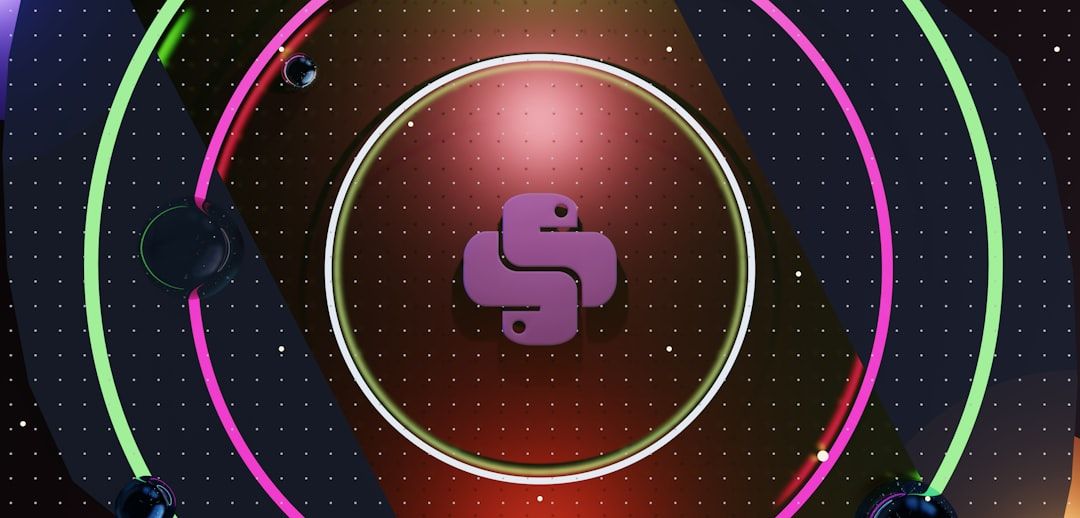The OGG Vorbis file format has steadily gained recognition over the years as a viable open-source alternative to proprietary audio formats such as MP3 and AAC. Known for its efficient compression algorithms and impressive audio fidelity, this format serves as a cornerstone of open multimedia systems. Whether you’re a seasoned audio engineer, an audiophile, or simply a curious listener, understanding the features and capabilities of OGG Vorbis can help you make informed choices about your digital audio experience.
What Is OGG Vorbis?
OGG Vorbis is a free, open-source audio codec developed by the Xiph.Org Foundation. The term “OGG” refers to the container format, while “Vorbis” is the actual compression algorithm used for audio encoding. Developed as part of a larger multimedia project, Vorbis was designed to avoid known patents typically associated with other formants, making it attractive to developers and companies seeking a license-free solution.
The OGG container format itself can host various types of content, including video and text, but when people refer to an OGG file, they are usually referring to an audio file encoded with the Vorbis codec.
Key Features of OGG Vorbis
The OGG Vorbis format offers a plethora of features that make it stand out among other audio file types. Here are some of the most noteworthy attributes:
- Open Source: Completely free and open for both commercial and non-commercial use without legal restrictions.
- High Compression Efficiency: Offers better sound quality at similar or smaller file sizes compared to MP3.
- Scalability: Supports a wide range of bitrates (from 16 kbps to over 500 kbps), making it suitable for various applications.
- Variable Bitrate Encoding: The encoder dynamically adjusts the bitrate, improving overall audio quality.
- Metadata Support: Fully supports tagging and metadata, allowing for detailed information to be embedded within the file.

Audio Quality Comparison
When discussing audio quality, OGG Vorbis is often lauded for outperforming other compressed formats, especially at medium to low bitrates. Thanks to its advanced psychoacoustic model, it selectively removes parts of the audio that are less likely to be perceived by the human ear.
In blind listening tests, OGG Vorbis performs favorably against MP3 and even matches or exceeds the quality of AAC in many use cases. Here’s how OGG stacks up across various parameters:
| Format | Compression Ratio | Audio Fidelity at 128 kbps | Licensing |
|---|---|---|---|
| OGG Vorbis | High | Very Good | Free & Open Source |
| MP3 | Moderate | Fair | Patent Restrictions |
| AAC | High | Good | Proprietary License |
With that in mind, OGG Vorbis is an excellent choice for both developers and listeners who prioritize audio quality and digital freedoms.
Advantages Over MP3 and AAC
One of the most compelling advantages of OGG Vorbis is its performance at lower bitrates. While MP3 files begin to show noticeable artifacts at 128 kbps or lower, OGG Vorbis retains better clarity by utilizing more sophisticated compression techniques.
Beyond just the sound quality, consider the following benefits:
- License-Free: Unlike MP3 and AAC, OGG Vorbis is not subject to patents and licensing costs, making it favorable for app and software developers.
- Smaller File Sizes: Better compression leads to smaller files without compromising quality, saving both bandwidth and storage space.
- Robust Metadata Handling: Supports extensive metadata which is useful for organizing and displaying track information.
Compatibility and Software Support
Despite its advantages, the adoption of OGG Vorbis remains somewhat limited due to compatibility issues. While many major media players and operating systems now support OGG files, there are still platforms—particularly Apple’s ecosystem—where you may encounter issues.
Software That Supports OGG Vorbis:
- VLC Media Player
- Foobar2000
- Winamp
- Audacity
- Spotify (uses OGG for streaming)
- Plex Media Server
On mobile, Android natively supports OGG format, whereas iOS requires third-party applications to play these files. Similarly, some web browsers such as Firefox and Chrome have built-in support for OGG Vorbis streams, making it a viable option for web developers who aim to use non-proprietary audio elements.
Use Cases and Applications
OGG Vorbis is well-suited for a variety of applications, ranging from casual listening to complex multimedia projects. Some notable use cases include:
- Streaming Services: Platforms like Spotify use OGG Vorbis for high-quality audio streaming.
- Game Development: Favored for in-game audio due to small file sizes and high quality.
- Open-Source Projects: Common in Linux environments and open-source projects that avoid proprietary codecs.
- Podcasts and Internet Radio: Used for broadcasting due to its balance between quality and bandwidth consumption.
Technical Specifications
Understanding how OGG Vorbis achieves its audio performance requires a look at its underlying technical design. It uses a modified discrete cosine transform (MDCT) for audio compression, similar to AAC and MP3, but with more sophisticated psychoacoustic models.
Here’s a quick overview of key technical features:
- Sample Rates: Supports from 8 kHz to 192 kHz
- Channel Support: Up to 255 channels, including multichannel options like 5.1
- Latency: Moderate, not ideal for real-time applications
- Loss Type: Lossy compression
Limitations of OGG Vorbis
Despite its strengths, OGG Vorbis isn’t without flaws. The most critical limitation is its lack of wide compatibility across consumer devices, particularly in the Apple ecosystem. Additionally, it is not a suitable format for archival purposes, as it uses lossy compression, which leads to permanent information loss from the audio signal.
Other issues include:
- Limited Hardware Support: Few hardware devices come with built-in OGG Vorbis decoding.
- Adoption Rate: Still less popular than MP3 and AAC in the mainstream market.
- No Native DRM: Makes it less viable for content protection strategies.

Conclusion
The OGG Vorbis format remains a powerful yet underutilized audio solution in an era dominated by proprietary codecs. Offering a combination of open licensing, high audio fidelity, and flexible encoding options, it is an ideal choice for software developers, musicians, and consumers who prioritize quality and software freedom.
Although it faces challenges in universal compatibility, especially on Apple platforms, ongoing support from open-source communities and streaming services keeps OGG Vorbis relevant and useful. Whether you’re looking to save space, improve audio quality, or support open technology, OGG Vorbis presents a compelling case.
As technology evolves and the demand for transparent and accessible media formats grows, OGG Vorbis is poised to remain a key player in the digital audio landscape for years to come.

